What should not be eaten when taking Chinese medicine?
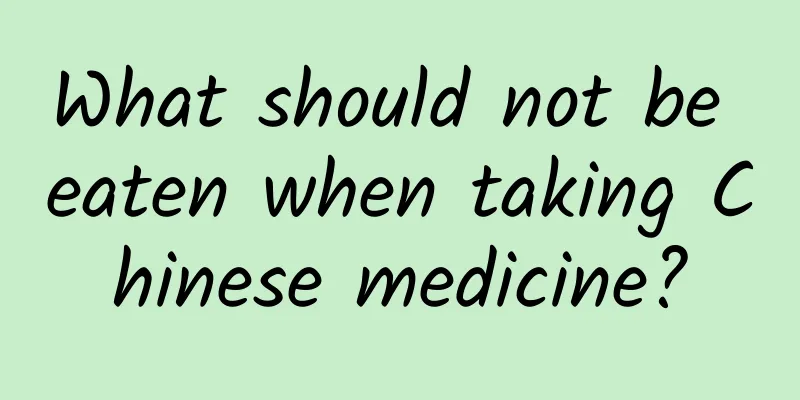
|
In our daily life, we cannot eat seafood or irritating foods when taking Chinese medicine. Doctors will tell us this, but some medicines react to our food, so you should understand what foods cannot be eaten when taking Chinese medicine. When you are taking medicine, you cannot drink soy milk or mutton, pepper and other foods, because these are contrary to the medicine and will affect the effect of the treatment. When taking medicine, you should generally eat less beans, meat, raw, cold and indigestible foods. In case of febrile diseases or itchy skin, alcohol, spicy, smelly, greasy and irritating foods should be avoided or used with caution. People who take Yang-raising and detoxifying drugs should avoid taking raw, cold, sour and astringent foods. People who take tonic medicines should drink less tea and avoid eating radishes. Poria cocos should not be eaten with vinegar; Amaranth; Rehmannia root and Polygonum multiflorum should not be eaten with onion, garlic, and radish; Smilax glabra should not be eaten with tea; mint should not be eaten with turtle meat; licorice should not be eaten with silver carp; honey is against raw onions, etc. When taking Chinese medicine to clear internal heat, it is not advisable to eat hot foods such as onions, garlic, pepper, mutton, dog meat, etc.; when taking warming medicine to treat "cold syndrome", raw and cold foods should be avoided. There are also a large number of records in ancient documents: licorice, coptis, platycodon, and black plum are incompatible with pork; mint is incompatible with turtle meat; Poria is incompatible with vinegar; turtle and fish are incompatible with amaranth; chicken is incompatible with eel; honey is against raw onion; asparagus is incompatible with carp; Schizonepeta is incompatible with fish, crab, puffer fish, and donkey meat; Atractylodes is incompatible with garlic, peach, plum, etc. This means that you should not eat certain foods while taking certain medications. If you eat forbidden foods, the therapeutic effect will be unsatisfactory or may have the opposite effect. In addition, due to the disease, during the medication period, you should avoid eating raw, cold, greasy, fishy, and other foods that are difficult to digest or have special irritants. For example, when you have a cold or a rash in children, you should avoid eating raw, cold, sour, or greasy foods. When treating chest tightness and abdominal distension caused by qi stagnation, you should avoid eating beans and sweet potatoes, because these foods can easily cause flatulence. Others, such as patients with edema should eat less salt; patients with asthma and allergic dermatitis should eat less "hairy food" such as chicken, mutton, pork head, fish, shrimp, crab, etc. From the above introduction about what you cannot eat when taking Chinese medicine, I believe you all know that you cannot eat seafood and beans when taking Chinese medicine, and you should choose food according to the characteristics of the medicine. During the period of taking the medicine, we recommend that you eat a light diet and avoid eating irritating and cold foods. |
<<: Is it better to take Chinese medicine before or after meals?
>>: Can I eat fish glue while taking Chinese medicine?
Recommend
The efficacy and function of Euonymus grandiflora
Traditional Chinese medicine has always been the ...
How to take pine pollen?
You need to master certain methods when taking pi...
What are the effects of mugwort steaming?
Nowadays, people pay more and more attention to h...
What are the adverse reactions of Ciwu Jiazhu?
In our social life, there are many shrubs around ...
Is it a problem for babies to suck their fingers? Don’t stop your baby from “tasting” the world with his mouth
People often say that "a child's hands a...
Why are women shorter than men on average?
I guess everyone has noticed that regardless of e...
You definitely don’t know that this “grass” has a miraculous anti-cancer effect
Crane grass is the whole herb of Crane grass of t...
The efficacy and function of Yuyuliang
Yu Yuliang is usually used as a medicinal materia...
Let's watch together! The "Chinese Dove Flower" from the Ice Age
China is a vast country with rich resources and c...
Can walnut wood enhance sexual function?
Proper consumption of walnut pith can have a cert...
The efficacy and function of ginger
Modern medical research believes that ginger cont...
Exploring Antarctica: What is the significance of introducing drones into Antarctic scientific research?
2024 marks the 40th anniversary of China's po...
What is the function of Solanum nigrum?
In real life, Solanum nigrum is a very common her...
What is DHA, which can supplement brain nutrition and improve memory, and is called "brain gold"?
Maybe many of you often hear the word DHA, such a...
What are the main effects and functions of ginkgo?
Everyone should be familiar with the health food ...
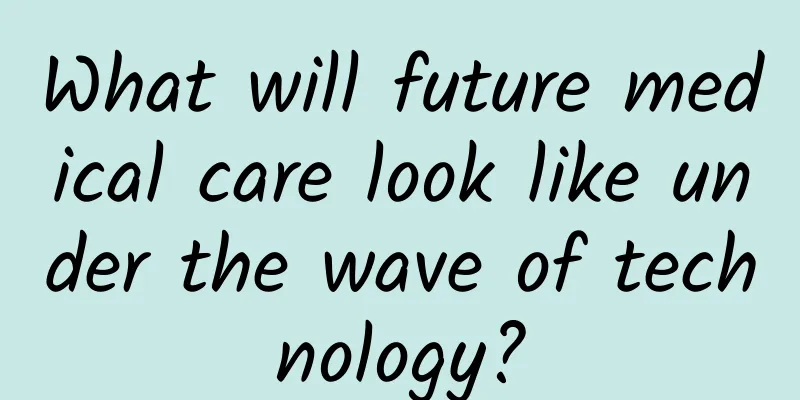

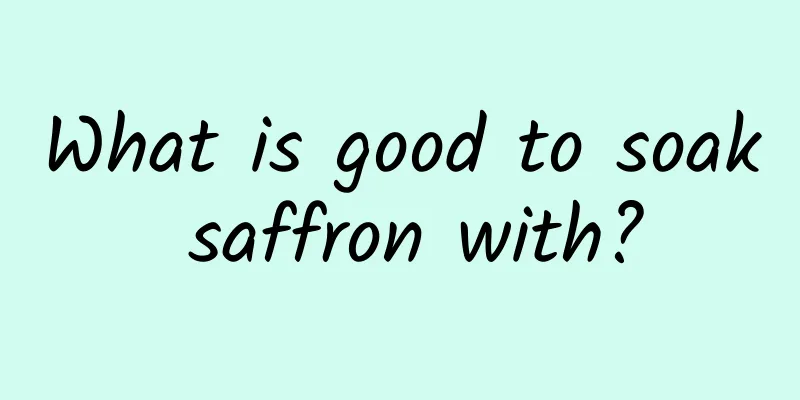
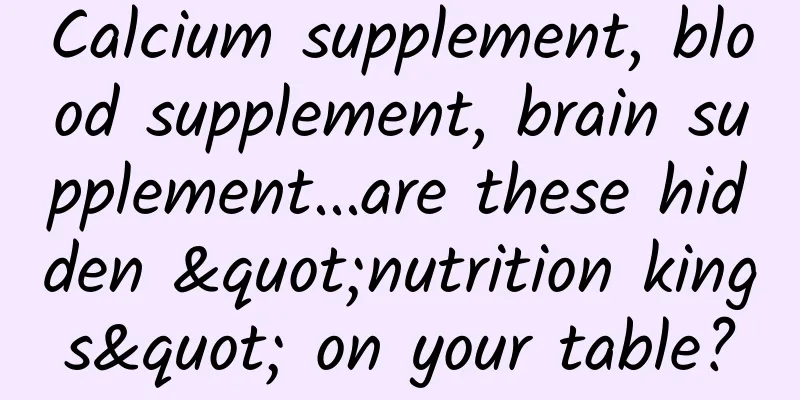

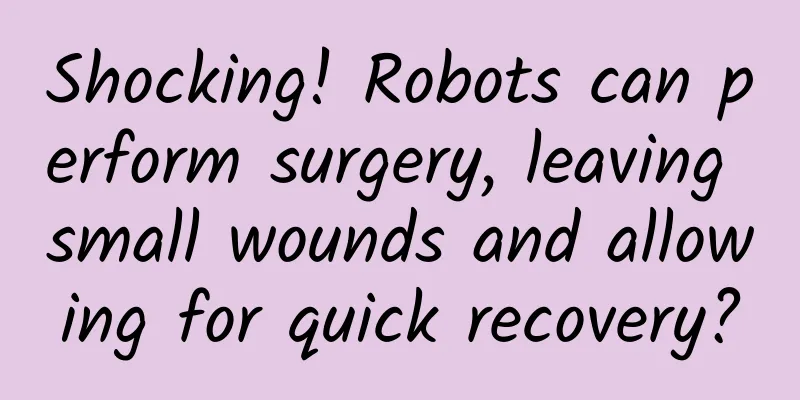


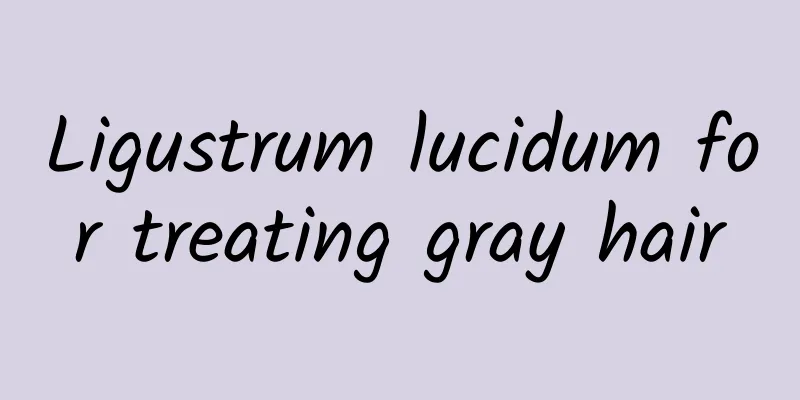
![[China Association for Science and Technology Agricultural Technology Center "Smart Mom"] Nutrition and health start with understanding dietary combinations](/upload/images/67f09380aa655.webp)